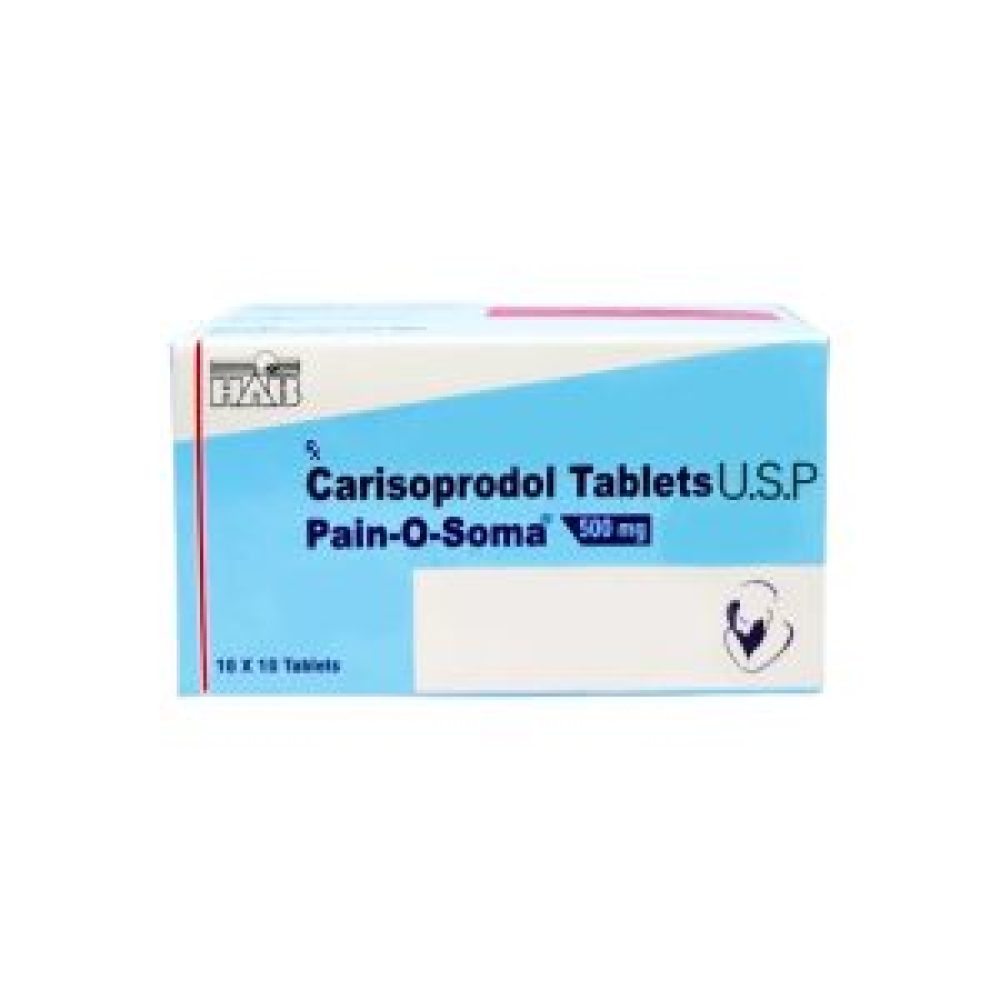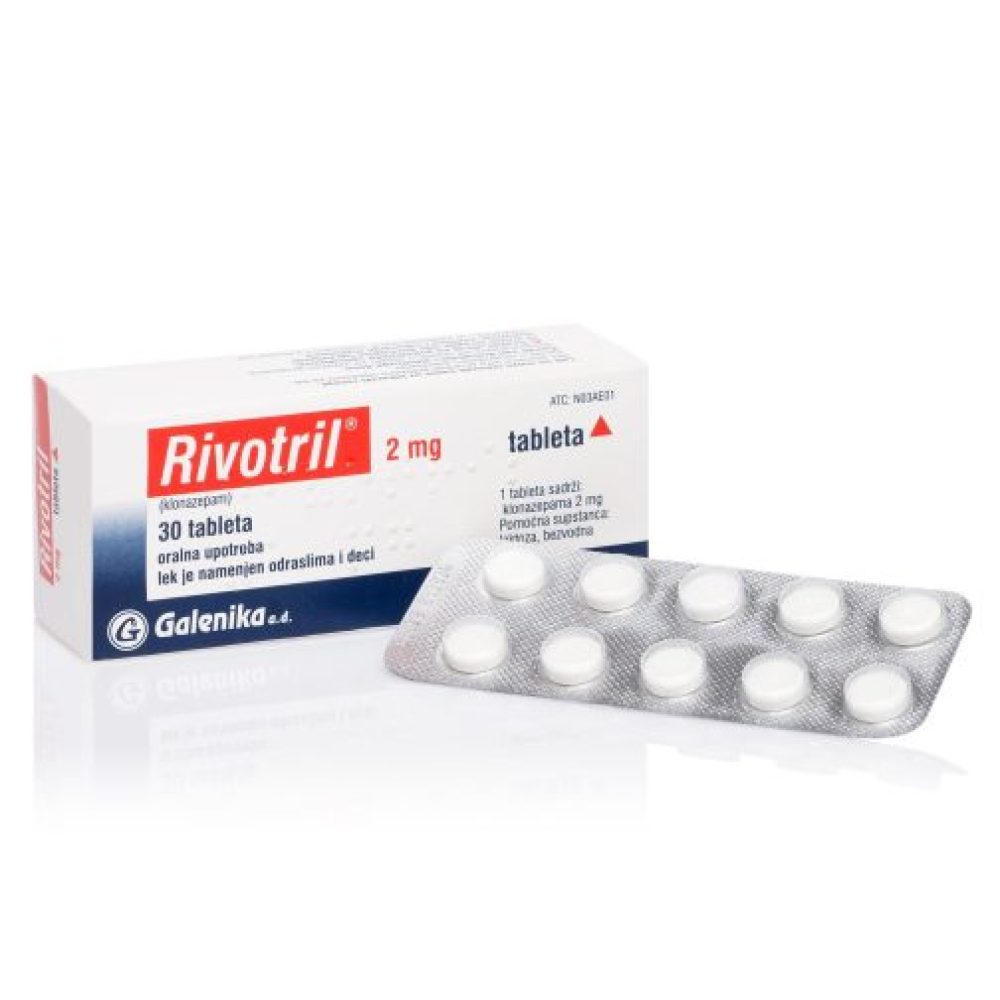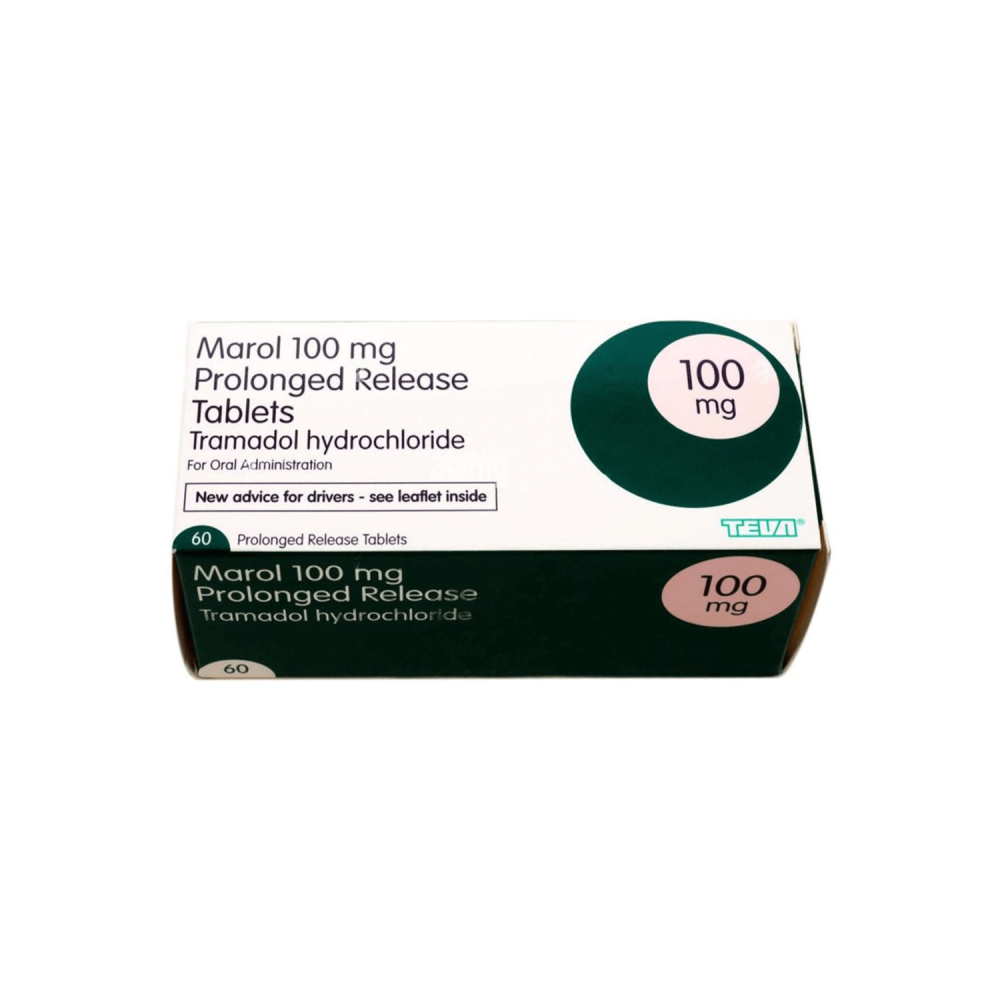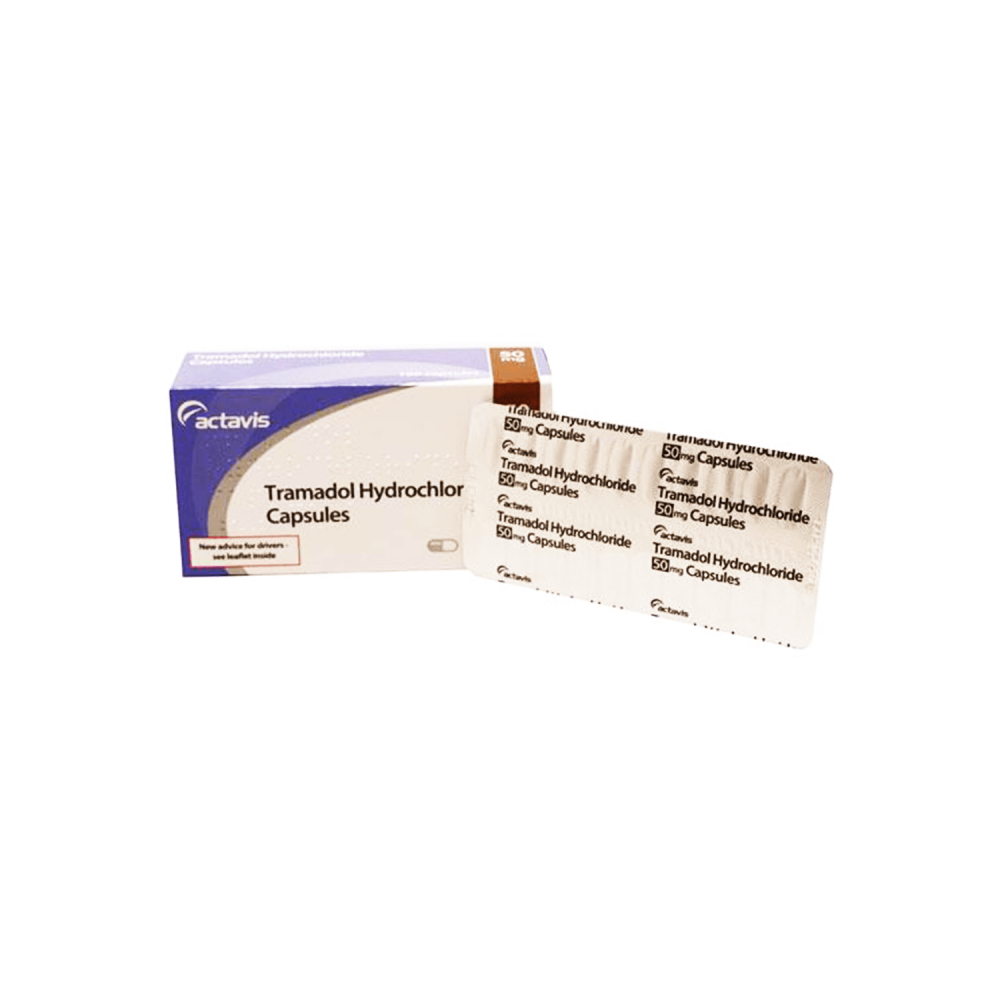Pills for Treating Insomnia: A Complete Guide to Sleepful Nights
Millions of individuals worldwide suffer from insomnia, a common sleep problem. It shows up as trouble sleeping, remaining asleep, or waking up too early and not being able to fall back asleep. Fatigue, irritation, poor focus, and a lower quality of life can result from chronic insomnia(Insomnia Treatment Pills). Treatment medications can be a lifesaver for those with severe insomnia, helping them sleep better.
This blog will discuss the various kinds of medications used to treat insomnia, as well as their advantages, disadvantages, and safe use advice.
Comprehending Sleep Disorders
It’s important to comprehend insomnia before taking medication for it. There are two varieties of this sleep disorder:
- Acute insomnia is a short-term condition that is frequently brought on by stress, significant life events, or environmental causes.
- Chronic Insomnia: This problem, which lasts longer than three months, is frequently caused by lifestyle choices, mental health disorders, or underlying medical illnesses.
The following are typical symptoms: Trouble falling asleep.
Regular awakenings at night.
- Getting up early.
Fatigue or drowsiness during the day.
Decreased mood swings and difficulty focussing.
Insomnia can be effectively managed with lifestyle modifications and counselling, but when these approaches fail, prescription drugs are frequently used(Insomnia Treatment Pills).
Insomnia Treatment Pill Types
Prescription drugs, over-the-counter (OTC) alternatives, and natural supplements are the three main types of medicines used to treat insomnia. Let’s examine each in more detail.
The first is prescription sleep aids.
For people with severe or persistent insomnia, prescription medications are frequently the first option. They are strong and efficient, but because of the risks and possible side effects, they must be used under a doctor’s supervision.
a. Benzodiazepines Temazepam, Lorazepam, and Diazepam are among examples.
- How They Work: These drugs intensify the calming effects of a neurotransmitter called GABA.
Advantages: useful for brief periods of time.
Cons: Tolerance, withdrawal symptoms, and dependency risk.
b. Non-Benzodiazepine Sedative-Hypnotics (Z-drugs) Examples include Eszopiclone (Lunesta), Zaleplon (Sonata), and Zolpidem (Ambien).
How They Work: They provide a relaxing effect by targeting particular GABA receptors.
Advantages: Less adverse effects than benzodiazepines.
Cons: may occasionally result in headaches, lightheadedness, and sleepwalking.
c. Agonists for Melatonin Receptors Instance: Ramelteon
- How They Work: These mimic the hormone melatonin, which regulates sleep.
Benefits: Long-term use and non-habit forming.
Cons: It might not work for everyone.
d. Antidepressants with Sedative Effects
For instance, doxepin and trazodone. How They Work: Influence brain neurotransmitters to encourage relaxation.
Advantages: Beneficial for sleeplessness associated with worry or sadness.
Cons: Possible adverse effects, such as weight gain or tiredness during the day.
2. OTC Painkillers for Sleeplessness
For people with minor insomnia, over-the-counter (OTC) medicines are frequently the first choice because they are readily available. These consist of:
a. Antihistamines Examples include Doxylamine and Diphenhydramine (Benadryl).
How They Operate: Reduce drowsiness by blocking histamines in the brain.
Advantages: Reasonably priced and easily accessible.
Cons: may result in dizziness, dry mouth, and tiredness the following day.
b. Melatonin Supplements – How They Work: Regulate sleep-wake cycles by mimicking the body’s natural melatonin.
- Pros: Minimal adverse effects and safe for long-term use.
Cons: Individual differences in effectiveness.
c. Herbal Treatments Illustrations: Lavender, chamomile, and Valerian root
- How They Work: They include substances that encourage rest and slumber.
Natural and non-habit forming are the advantages.
Disadvantages: Insufficient scientific proof of effectiveness.
3. Insomnia Natural Supplements
Natural supplements can be helpful for people who would rather take a more comprehensive approach. These consist of:
Magnesium: Promotes better sleep by promoting muscle relaxation.
Green tea contains an amino acid called L-theanine that helps people relax.
CBD Oil: Made from cannabis, this product can help with sleep and anxiety.
Advantages of Taking Sleep Aids
- Quick Relief: Many medications provide relief in as little as 30 to 60 minutes, which makes them perfect for severe cases of insomnia.
Enhances the quality of sleep by promoting deeper, more rejuvenating sleep.
Enhanced Daytime Functionality: Enhances focus and lessens weariness.
Dangers and Adverse Reactions to Sleep Aids
Although medications for insomnia can be helpful, there are dangers and possible negative effects as well, such as:
- Dependency and Tolerance: Extended usage of some drugs may result in dependence or decreased efficacy.
- Daytime Drowsiness: You may feel sleepy the following day after taking some medications.
- Cognitive Impairment: Memory and judgement may be impacted by prolonged use.
- Interactions with Other Medications: Some medications may have adverse interactions with other medications or health issues.
Guidelines for Using Sleep Aids Safely
- Ask a Doctor: Before beginning any drug, always get medical advice.
- Adhere to Dosage Guidelines: Do not take more medication than is advised.
- Avoid drink: Taking medicines and drink together can intensify adverse effects.
- Short-Term Use: To avoid reliance, use only for brief periods of time.
- Create a Sleep-Friendly Environment: For optimal effects, take medications in conjunction with appropriate sleep hygiene techniques.
Lifestyle Advice to Support Sleep Aids
Pills may be helpful, but for long-term sleep enhancement, lifestyle modifications are essential. Here are some pointers:
Maintain a regular sleep schedule by going to bed and waking up at the same time every day.
Establish a calming bedtime routine by incorporating exercises like meditation or reading.
Avoid using screens for at least an hour before going to bed.
Regular exercise improves sleep quality, but steer clear of strenuous exercise right before bed.
Reduce Nicotine and Caffeine: Both can interfere with sleep cycles.
When to Get Expert Assistance
See a healthcare provider if medicines and lifestyle modifications are ineffective in treating sleeplessness. Sometimes, persistent insomnia is a sign of more serious conditions such thyroid disorders, depression, or sleep apnoea(Insomnia Treatment Pills). A sleep specialist can provide efficient remedies and assist in determining the underlying reason.
FAQs, or frequently asked questions
1. Are sleeping aids safe to take over an extended period of time?
Some are appropriate for long-term use, such as melatonin receptor agonists. The majority of prescription medications, however, are meant to provide temporary relief. Always get advice from your physician.
2. Can I use medication for insomnia every night?
Frequent use may result in decreased efficacy and reliance. It’s advisable to use them infrequently and only when prescribed by a medical practitioner.
3. Can insomnia be effectively treated with natural remedies?
Mild insomnia may benefit from natural treatments such as magnesium, valerian root, and melatonin. Their effectiveness varies from person to person, nevertheless.
4. What should I do in the event that medicines are ineffective?
See a doctor if taking medicines doesn’t work. They might suggest various therapies including cognitive behavioural therapy for insomnia (CBT-I).
5. Can I take sleep aids while pregnant?
It is not advised to take several sleep aids when pregnant. Consult your physician about safe substitutes.
Conclusion
When used in conjunction with lifestyle modifications and proper sleep hygiene, insomnia treatment medications can be an effective strategy for controlling sleep disorders. It’s crucial to utilise prescription drugs, over-the-counter alternatives, and natural therapies sensibly. A comprehensive approach to sleep is essential for long-term health and wellbeing, so always get medical advice before beginning any new treatment(Insomnia Treatment Pills).
Make an investment in your sleep now to have a healthier tomorrow!
















